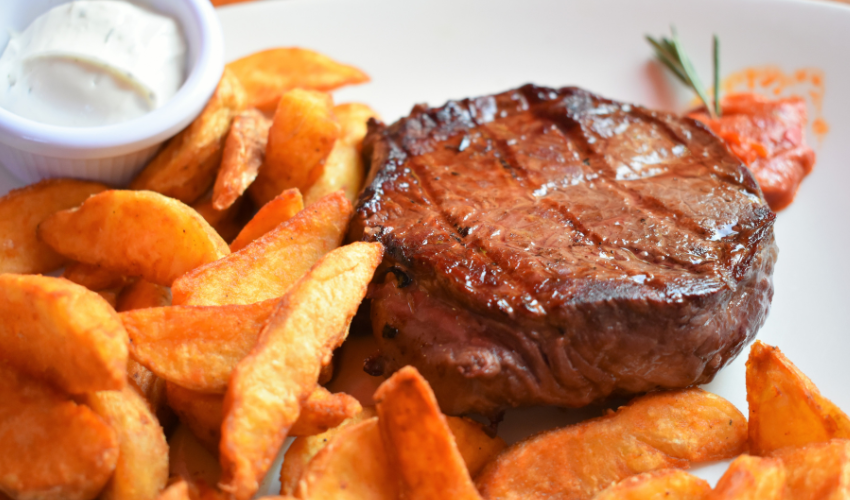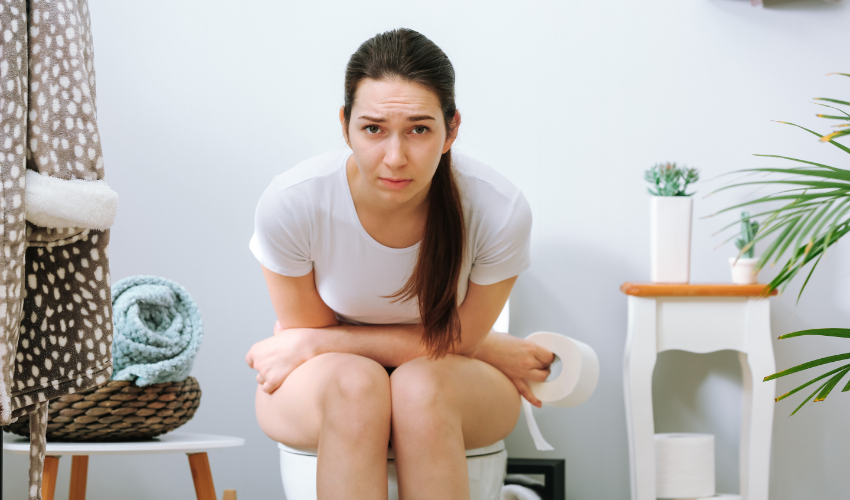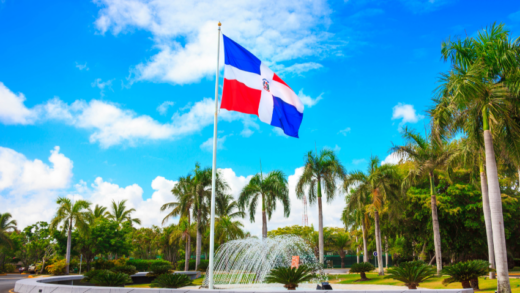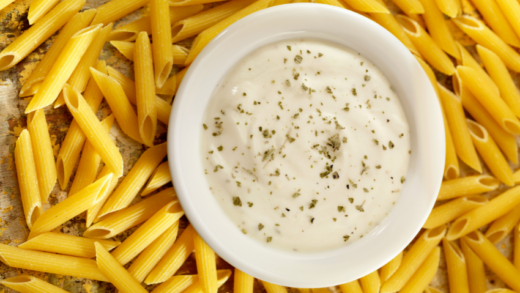Constipation is a common and uncomfortable condition that can be caused by a variety of factors, including certain foods. While many people assume that constipation is caused by a lack of fiber, the truth is that there are many other foods that can leave you feeling blocked up. In this article, we’ll explore some of the most common foods that cause constipation and explain why they do it. We’ll also provide tips on how to avoid constipation and keep things moving smoothly.
Foods that Cause Constipation
- Processed Foods: These foods are often high in fat and low in fiber, which can slow down digestion and lead to constipation.
- Dairy Products: Milk, cheese, and other dairy products can be difficult to digest for some people, leading to constipation.
- Meat and Eggs: These foods are high in protein but low in fiber, which can contribute to constipation.
- Fried Foods: The high fat content in fried foods can slow down digestion and lead to constipation.
- White Bread and Pasta: These refined carbohydrates are low in fiber and can contribute to constipation.

Why Do These Foods Cause Constipation?
- Lack of Fiber
- High Fat Content
- Dehydration
- Low Water Content
- Slow Digestion
Other Factors that Contribute to Constipation
- Lack of Exercise
- Stress
- Certain Medications
- Medical Conditions
How to Avoid Constipation
- Eat a High-Fiber Diet
- Stay Hydrated
- Exercise Regularly
- Manage Stress
- Talk to Your Doctor about Medications
When to Seek Medical Attention
- If Constipation Lasts Longer Than a Few Days
- If You Experience Pain or Bleeding
- If You Have Other Symptoms

FAQs:
- Can stress cause constipation? Yes, stress can contribute to constipation by slowing down digestion and affecting bowel movements.
- Can dehydration cause constipation? Yes, dehydration can make stool harder and more difficult to pass, leading to constipation.
- How much water should I drink to avoid constipation? Most experts recommend drinking at least 8 cups (64 ounces) of water per day to stay hydrated and avoid constipation.
- What medications can cause constipation? Certain pain medications, antidepressants, and antacids can contribute to constipation.
- Is constipation ever a sign of a more serious medical condition? In some cases, constipation can be a symptom of a more serious medical condition, such as a blockage in the colon or a thyroid disorder.
Conclusion
While constipation can be uncomfortable and frustrating, it’s often preventable with a healthy diet and lifestyle. By avoiding foods that cause constipation, staying hydrated, and getting regular exercise, you can keep things moving smoothly and avoid discomfort. If you’re experiencing persistent constipation or other symptoms, it’s always a good idea to talk to your doctor to rule out any underlying medical conditions.
Incorporating high-fiber foods into your diet can help prevent constipation. Fruits, vegetables, whole grains, and legumes are all excellent sources of fiber. If you’re struggling to get enough fiber in your diet, consider taking a fiber supplement. However, it’s important to start slowly and gradually increase your fiber intake to avoid digestive discomfort.
In some cases, constipation may require medical intervention. Your doctor may recommend laxatives or other medications to help relieve constipation. If your constipation is caused by an underlying medical condition, such as irritable bowel syndrome or thyroid disorder, treating the underlying condition may also help relieve constipation.






















